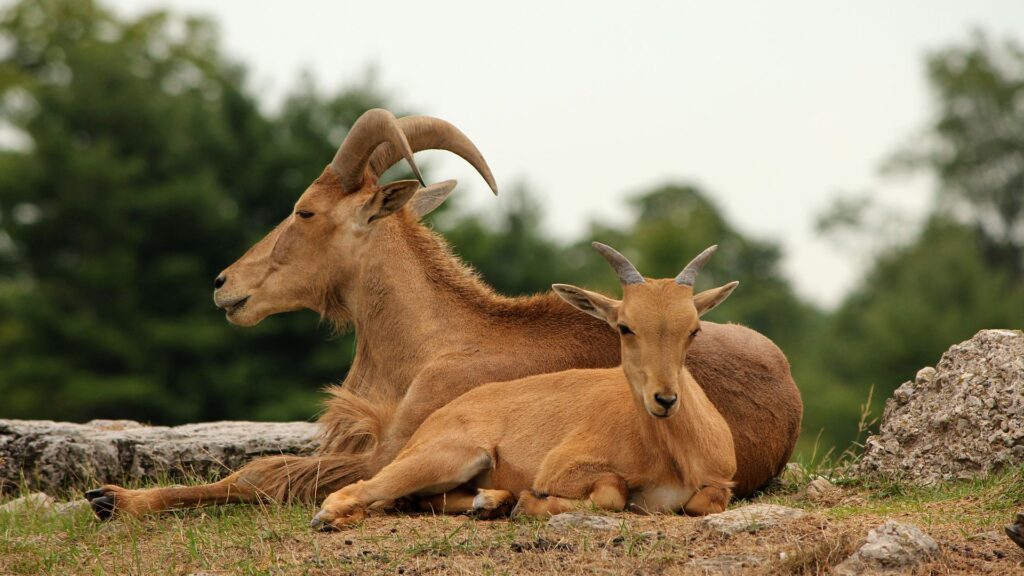Abuja, the Federal Capital Territory of Nigeria, is a vibrant and rapidly growing city located in the center of the country. It was officially designated as the capital of Nigeria in 1991, taking over from Lagos as the seat of government. Since then, Abuja has flourished into a bustling metropolis, known for its modern infrastructure, well-planned layout, and diverse population.
One of the key features of Abuja is its impressive architecture, with many government buildings, embassies, and international organizations boasting sleek and contemporary designs. The city is also home to numerous parks, green spaces, and recreational facilities, making it a pleasant place to live and work.
Abuja is not only a political and administrative hub, but also a cultural melting pot with a vibrant arts and music scene. The city hosts a variety of cultural events, including music festivals, art exhibitions, and traditional dance performances, showcasing the rich diversity of Nigerian culture.
In terms of economic development, Abuja is a thriving business hub with a growing number of multinational corporations and local businesses setting up shop in the city. The well-developed infrastructure, stable political environment, and strategic location make Abuja an attractive destination for investors looking to tap into the Nigerian market.
Overall, Abuja is a dynamic and cosmopolitan city that offers a unique blend of traditional Nigerian culture and modern amenities. Whether you are visiting for business or leisure, Abuja has something for everyone to enjoy.
What to explore:
1. Aso Rock: This massive rock formation is one of the most recognizable landmarks in Abuja and offers stunning panoramic views of the city.
2. Zuma Rock: Located just outside of Abuja, Zuma Rock is a natural wonder and one of the most famous rock formations in Nigeria.
3. National Mosque: The National Mosque is a beautiful architectural wonder and an important place of worship for Muslims in Abuja.
4. Nigerian National Mosque: This striking mosque is one of the largest mosques in Africa and features intricate Islamic architecture.
5. Abuja National Stadium: This modern sports complex is home to numerous sporting events and concerts.
6. Jabi Lake: This man-made lake is a popular spot for picnics, paddle boating, and other recreational activities.
7. Abuja Arts and Crafts Village: This vibrant market is a great place to shop for traditional Nigerian arts and crafts.
8. Millennium Park: This sprawling green space is the largest park in Abuja and offers a peaceful escape from the hustle and bustle of the city.
9. Aso Villa: The official residence of the President of Nigeria, this impressive building is a must-see for visitors to Abuja.
